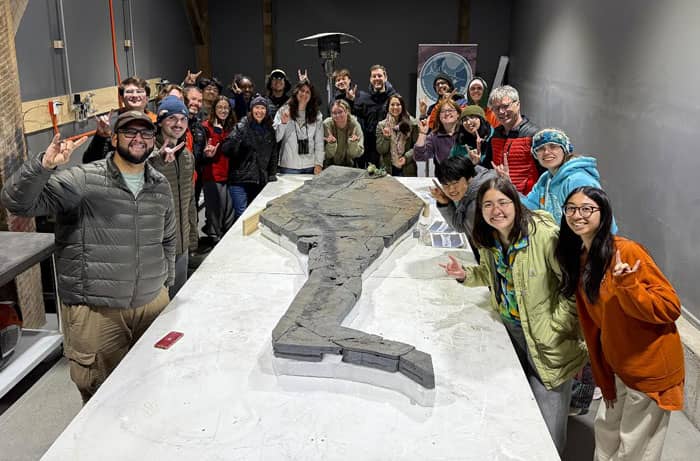Science gets more fascinating by the day. From astronomers plumbing the depths of the known universe to paleontologists studying ancient life forms, these experts are using their skills to better comprehend Earth and the universe she exists in.
Now, scientists claim a breakthrough has been made due to the discovery of a stunning pregnant sea reptile fossil deep in the icy wilds of Patagonia. The fossil, since dubbed Fiona, sheds new light on our planet’s sea life going back over 100 million years.
RELATED:A remarkable discovery in the glacial fields of Patagonia has unveiled the nearly intact fossil of an ancient pregnant sea reptile
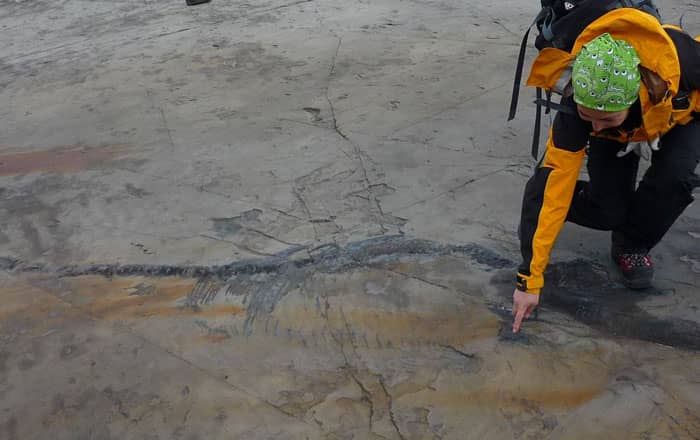
The fortuitous find has provided scientists with an unprecedented look at the life of an ichthyosaur, one of Earth’s earliest apex predators
Deep in the glacial fields of Patagonia, scientists made a discovery that’s literally sending ripples through the scientific community. They uncovered an almost fully intact fossil of a sea reptile they have since dubbed Fiona. But here’s the big news: Fiona was pregnant. Preserved for over 100 million years, Fiona is rewriting what we know about ancient marine life, according to a groundbreaking study published in the Journal of Vertebrate Paleontology.
Fiona wasn’t your average sea monster. Measuring over 11 feet long, she belonged to the ichthyosaur family; giant marine predators that ruled Earth’s oceans. Her fossil is stunningly complete, a true paleontological jackpot. What has scientists buzzing, however, is the presence of a fetus inside her body, positioned as if moments from birth.
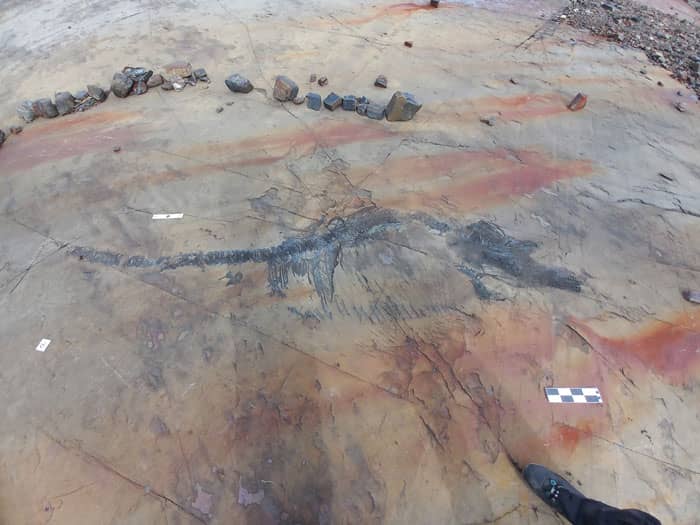
The exceptional preservation of the ancient reptile’s body was likely the result of a sudden underwater landslide that buried her under layers of sand
Experts believe Fiona’s remarkable preservation came from a sudden underwater landslide. This rapid burial created the perfect time capsule. “We were conducting our research with different objectives, they are very synergistic,” remarked Matt Malkowski, an assistant professor at The University of Texas at Austin’s Jackson School of Geosciences.
Patagonia, during the Early Cretaceous, was a wild place—all tectonic shifts, continental breakups, and surging ocean currents. South America was splitting from Africa, altering climate and habitats. Fiona’s fossil lets scientists peek into this chaotic world and understand how apex predators like her adapted, hunted, and found safe havens for giving birth.
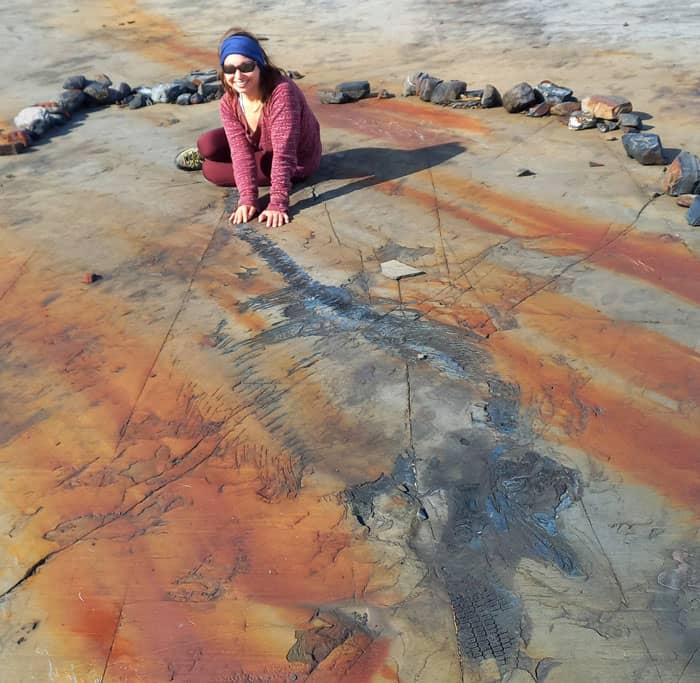
The find shows that ichthyosaurs had more in common with dolphins than with lizards. Fiona didn’t lay eggs; she gave live birth, a rare trait among reptiles, and her perfectly preserved fetus proves it. That’s a major clue about how these sea reptiles thrived. Not only were they tough as nails, they were biologically brilliant at surviving a change.
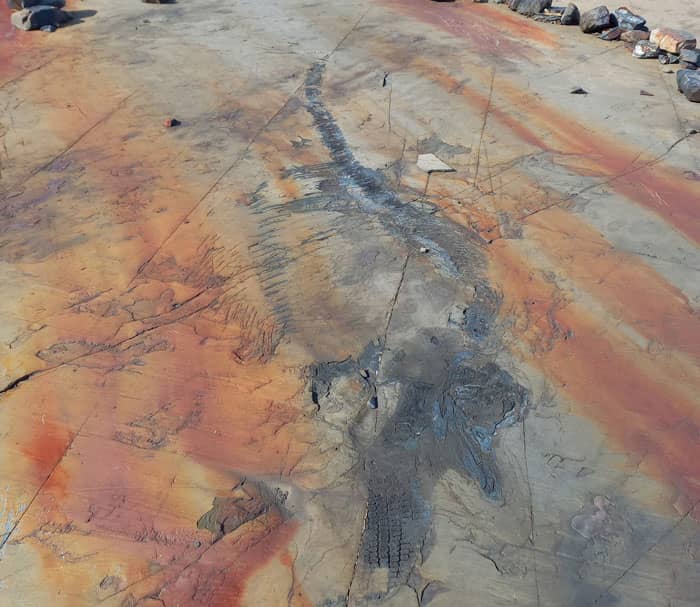
This case is a perfect example of how sudden catastrophic events can lead to the preservation of life forms for millions of years, say scientists
Lead researcher Judith Pardo-Pérez calls Fiona “a paleontological treasure.” While she tells us how marine reptiles reproduced, she also hints at how they evolved through massive environmental shifts. Fiona’s fossil is sparking new questions about evolution, extinction, and just how much ancient life remains to be discovered beneath our feet.
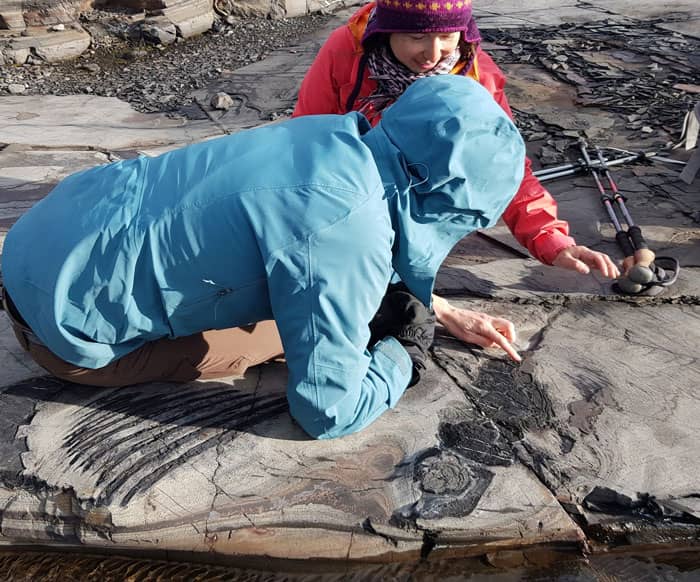
And Fiona had a story to tell beyond motherhood. Her fin bones showed signs of a healed injury, possibly from a predator or disease. That’s rare fossil evidence of healing, giving us a glimpse into the lives and resilience of these extinct ocean giants.
Thanks to modern medical technology like CT scans, scientists will keep studying Fiona’s bones in stunning detail. More than just a fossil, she’s a precious frozen biography of life, survival, and our ancient oceans. One thing’s for sure: Fiona’s story, buried for millions of years, has finally surfaced, and it’s making history.
The breakthrough reveals how these apex predators adapted to the ocean environment and will keep scientists busy for some time yet
